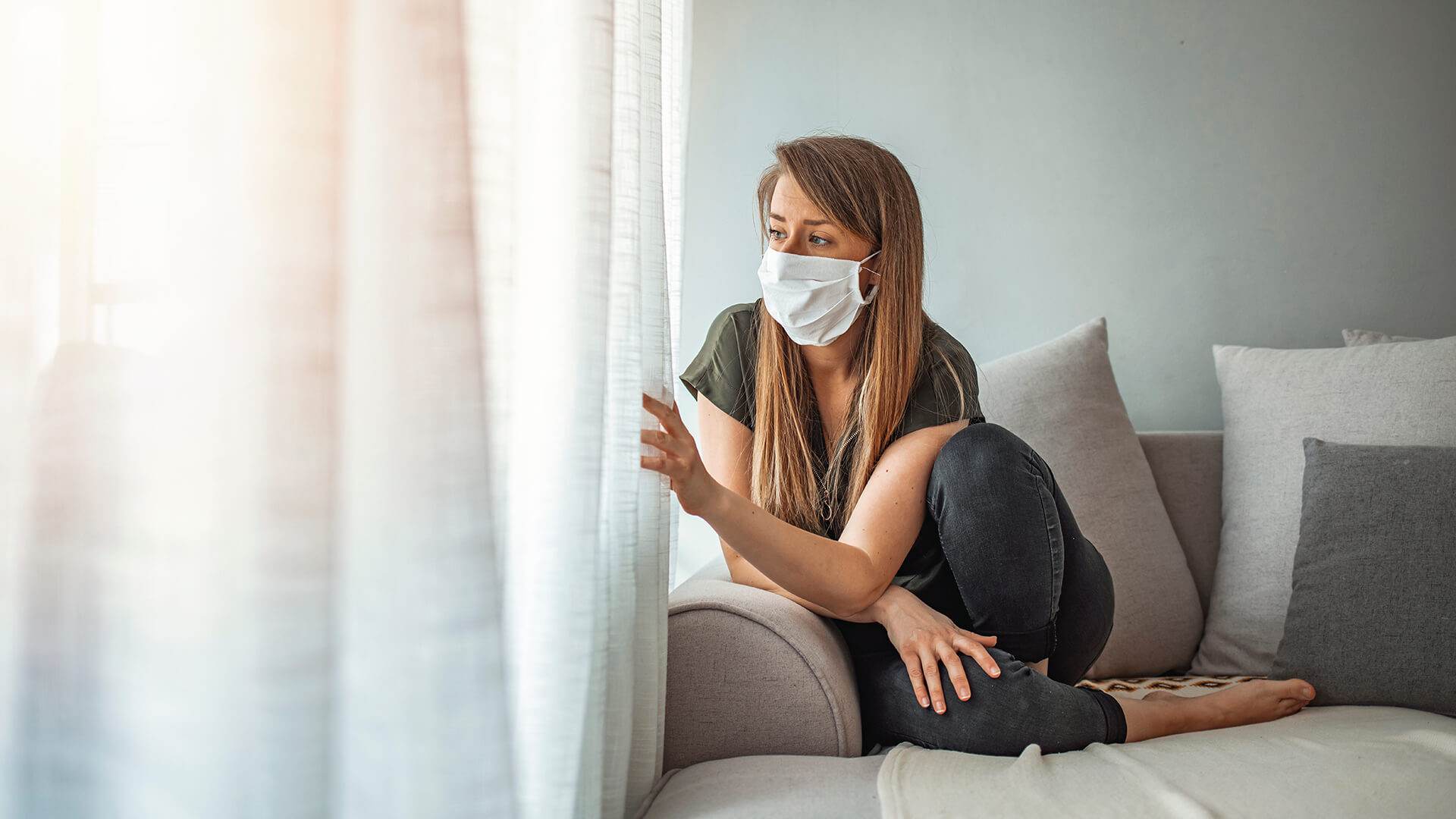
Studies have found that poor air quality not only has detrimental effects on our physical health, but also on our mental well-being.
If untreated, being exposed to high levels of air pollution could result in spiralling cases of varying mental health disorders, and it may seem as though this is out of our control.
However, with efforts to reduce air pollution in areas with poor air quality, and individual efforts to monitor air quality in workplaces and households, combatting rising air pollution levels could result in drastic improvements to our mental health.
The link between mental health and air quality
“Mental health is an increasingly discussed topic, and our society is shaping into one that is becoming more aware and reactive to it,” says Dr Chunli Cao, Managing Director of Healthy Air Technology and Fellow of CIBSE, who has worked towards creating ground-breaking solutions in the sector.
“This means exploring different avenues that can affect our mental health is crucial, and air quality is one of them,” she adds.
Studies have shown that being exposed to higher levels of harmful particles like Particulate Matter (PM2.5) and Nitrogen Oxide (NO2) can result in a range of mental disorders, including depression, anxiety, schizophrenia, and bipolar disorder.
The risks attached to poor air quality can be as severe as to have led to an increase in hospital cases, with mental conditions so poor that the amount of suicides has increased.
Pollutants can enter the body and impact our nervous system, damaging our DNA cells, whilst also entering through our olfactory system into our brain tissue, causing long-term brain damage. In doing so, they can affect how we process emotions, and over time the particles can harm the limbic system – which is the part of the brain that controls our emotional and behavioural responses.
Making the necessary changes to protect our mental health would have various benefits, and even just a small reduction with just one pollutant could save the NHS millions a year.
How poor air quality can affect mental development in children
The mental health risks for children can be severe if they are exposed to high levels of air pollution, and according to the World Health Organisation, 93% of children breathe polluted air that is hazardous to their health.
At such a young age, our brains and our behaviour are still developing, and poor air quality, particularly high levels of PM2.5, can greatly damage this development.
If there is continued exposure throughout childhood, there’s a risk of long-lasting effects to brain activity. This can result in anxiety, depression, and attention disorders.
Adolescents can also suffer from mental health disorders, with studies finding that young people living in relatively high levels of ozone led to an increase in depression, with feelings of loneliness, sadness, and self-hate.
Researchers have also discovered that young people who live in areas of higher pollution are three to four times more likely to develop depression by the age of 18.
Therefore, without tackling the root of the problem, the brain’s processes will weaken over time, leading to permanent mental health problems.
How to protect our mental health from poor air quality
“We must put measures in place to improve air quality, specifically by reducing air pollution in areas with high levels of pollutants,” states Chunli.
We can look at tackling the problem on a wider scale first, preventing the increase of air pollution through targeting traffic levels and encouraging alternative transport, working collectively as well as needing the council to contribute time and resources.
With years of expertise in air cleansing solutions, Chunli also advocates for monitoring indoor air quality in order to protect our mental health.
She comments: “Individuals and businesses can invest in air purifiers to monitor the air they breathe the majority of their day, both at home and in workplaces.
“This would ensure children are being protected, too, and that our mental health is being made more of a priority through taking preventative and reactive measures in areas that we have control over.”
















